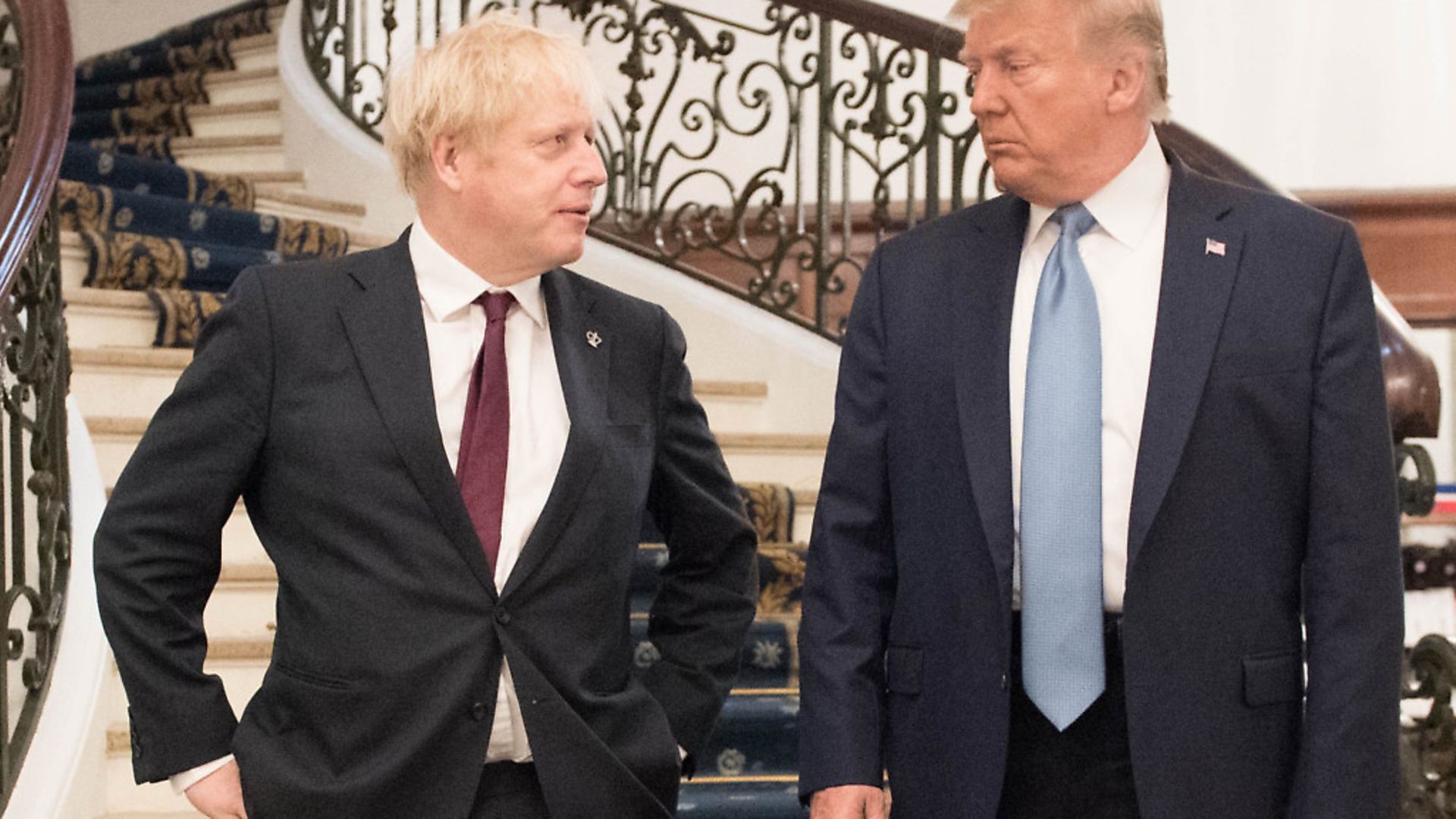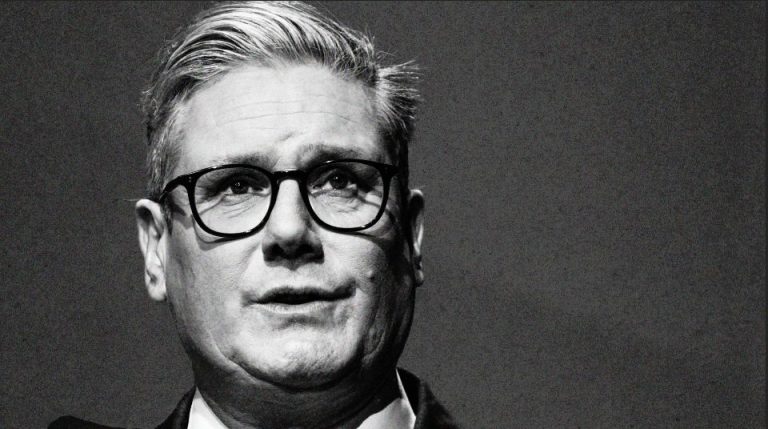
Liberals may be appalled by Donald Trump and Boris Johnson, but they are merely a manifestation of our self-aggrandising age, say Hadley Coull and Chris Ogden.
Each age forms its own dominant narrative – the story we tell ourselves, of who we are, what we value and where we are heading.
Technological disruption of almost every facet of human life has created a world characterised by exponential complexity, the collapse of authority and the renegotiation of power. Modern technology has empowered huge numbers of people to connect, share, and contribute to culture and shared conversations.
The power of modern technologies to democratise access to information and platforms is rightly considered to be a good thing. But with this, traditional structures and forms of authority are now receding from our lives: The church, the state, traditional media, social class.
These structures partly serve the function of keeping us in check, protecting us from ourselves. They provide rules and principles to stop us from doing some of the things we might want to do; rules which are now being increasingly rejected and superceded by new norms.
While digital tools are indeed democratising, they have also cultivated darker aspects of human nature: Self-righteousness, narcissism, cruelty, ignorance. Hyper-individualism has gone viral, now that we are freed from the restraints of traditional authority. Online – and increasingly, offline – we can do whatever we want, say anything we want, largely without consequence or retribution.
Yet both collectively and individually, we feel ill at ease. We’re losing empathy, magnanimity: Our ability to connect with others, and to work together. We prioritise ourselves over others, and we omit things which don’t sit comfortably with our worldview and our needs. Lash out, delete, block, swipe right, troll, dox, swat, ghost; we do not need to suffer the consequences of our actions.
Somehow we feel more empowered, but also more vulnerable, confused, scared. People are feeling cynical, and many are tiring of the modern world. Our self-esteem and mental health are plummeting as we increasingly interface with the world through screens which present an airbrushed, stylised simulation of real life. We celebrate facile extroversion and performance, over serious concern and rumination. Don’t think about things too much, we say.
Our political leaders are projections of this narrative, larger than life manifestations of Western values and thinking. Although liberals are appalled by people such as Johnson and Trump, these leaders are symptomatic of our time: archetypes of the self-serving, hyper-individualistic digital age, of superficial celebrity culture and infotainment, and of image over substance.
Trump and Johnson are the perfect symbols of our contemporary narrative of entitlement, self-aggrandisement and self above all others. ‘Do whatever you want and b**locks to everyone else’ is our modern mantra: Individualism unleashed from traditional societal structures; the Id and the identity of the internet age; the dark shadow of our ‘democratising’ technologies.
This attitude permeates across culture. The neoliberalist ethic, populist discourse, pop culture, and everyday behaviours all orbit around this same self-righteous, cavalier, devil-may-care ideology. The hackneyed mantra of big tech, ‘move fast and break things’, parallels the spirit of Trump and Johnson. Tear up the rulebook, do whatever you want, have unflinching self-belief, reject all forms of authority, and never concede power or agency to anyone else.
These are the values of our digital age, which populist leaders embrace and weaponise. But the principles of transgression and the destruction of norms to achieve your purpose create a toxic narrative for a society to adopt wholesale. With the structures that kept us in check now receding, and being vilified and attacked, hyper-individualism increasingly rules our lives and informs our behaviours. Other persuasive alternatives to the old grand narratives are few and far between.
In Forbidden Planet (1956), an adaptation of The Tempest, the scientist Morbius discovers a machine which is capable of enhancing intellectual capacity. An advanced alien species called the Krell had created these machines with near limitless power. But in developing their technology, the Krell forgot one thing: Monsters from the Id. “Their own base subconscious desires, given free rein and unlimited power by the machine, brought about their quick extinction.” Morbius’ subconscious mind had created a hideous creature which had killed the original expedition.
Trump, Johnson, and others like them are our Monsters from the Id, our modern-day Calibans: Sinister projections of our collective psyche, who represent the dark underbelly of contemporary culture. They are caricatures of the digital age’s self-righteous, tribalistic, transgressive spirit; monstrous demons we have summoned who know only how to destroy rather than create.
At the very time when we most need heroes and virtuous leaders, when we most urgently need collaboration, harmony, and to focus our energies to create positive change, we have chosen the opposite. We have chosen nativism, protectionism, isolationism, self-interest, and we have spawned leaders who live by the same mantra.
We need better leaders, urgently: Not only because we need better government, but also because leaders help us to understand ourselves. We need people to help us suppress our baser instincts, to overcome the vanity, the hubris of the Id. At the end of Forbidden Planet, Morbius accepts the truth and disowns the creature. He recognises that acknowledging his own neuroses and biases is the first step towards liberation. As individuals and as a society, we need to recognise the darker sides of our digital age, and craft ways to avoid the more pernicious effects of the marvellous technologies we have created. Only then can a more generous, just, and selfless society be created.
– Hadley Coull is an independent writer and researcher, who runs insight collective, Headz. Dr Chris Ogden is a senior lecturer in international relations at the University of St Andrews








